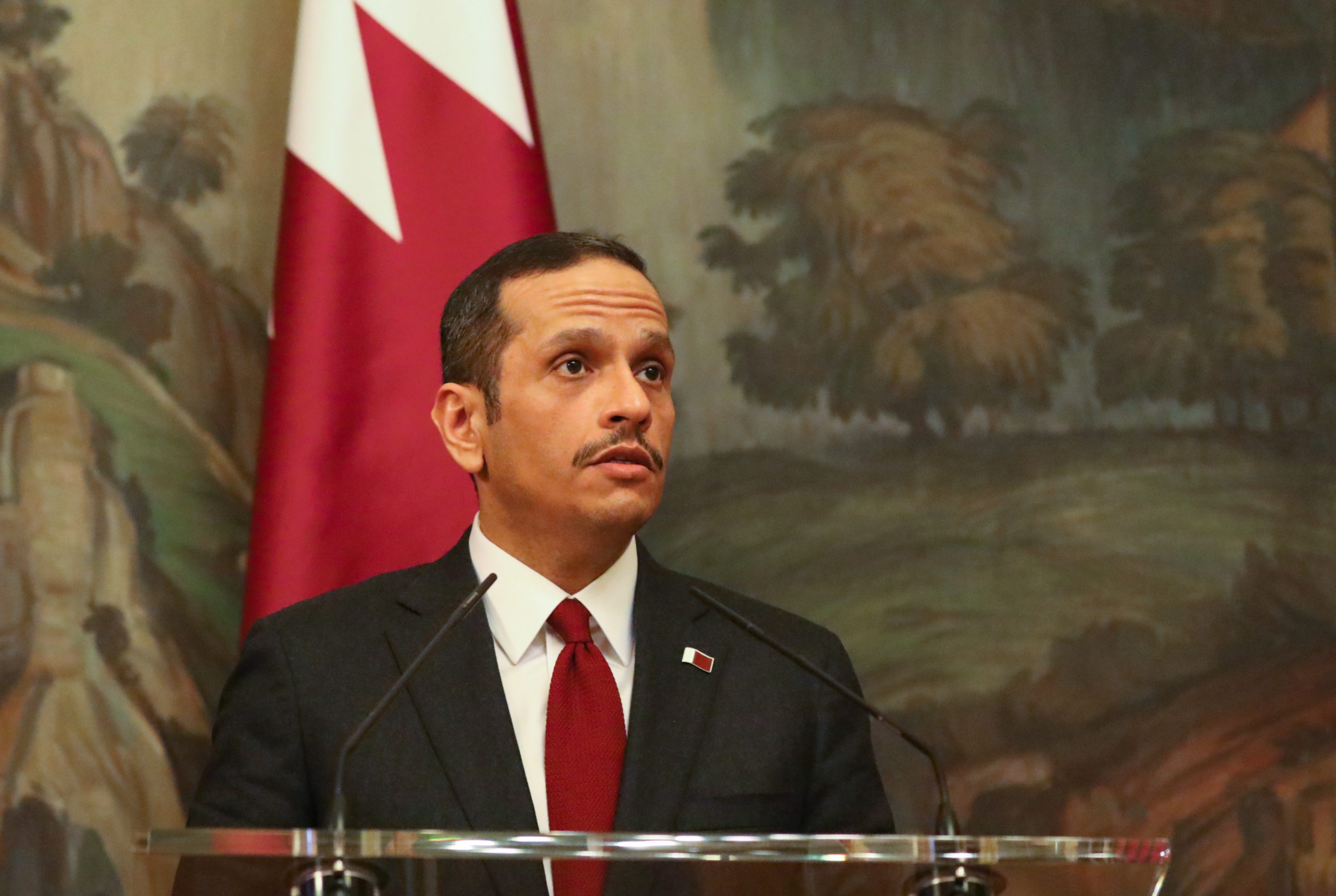The bloc had suspended Syria’s membership in 2011 over its brutal crackdown on peaceful pro-democracy protests.
Qatar said its stance against normalising with Syria’s Bashar Al Assad regime has remained unchanged despite the Arab League’s decision to reinstate its membership more than a decade on.
In a statement to state news agency (QNA), Qatar’s foreign ministry spokesperson Dr. Majed Al Ansari said while Doha “always seeks to support achieving Arab consensus and will not be an obstacle”, its unilateral decision on the matter is “linked primarily to progress in the political solution that fulfills the aspirations of the Syrian people”.
Dr. Al Ansari added that Qatar still aims “to work with the Arab brothers in achieving the aspirations of the Syrian people for dignity, peace, development and prosperity”.
He stressed Qatar’s hope for “this consensus to be a motive for the Syrian regime to address the roots of the crisis that led to its boycott”. The Qatari official further called on the regime to improve its ties “with its Arab surroundings in a way that enhances security and stability in the region.”
The statement was released just hours after the Arab League agreed to reinstate Syria’s membership in the 22-member organisation following more than a decade-long hiatus.
The bloc had suspended Syria’s membership in 2011 over the regime’s brutal crackdown on peaceful pro-democracy protests that plunged the country into more than a decade of war.
The Arab League’s decision was announced just weeks ahead of an upcoming regional summit, scheduled to take place in Riyadh on 19 May.
One diplomat familiar with the Arab League’s meetings on Syria told Financial Times (FT) on Monday that Saudi Arabia, the UAE “have been persuading the group to vote in favour of readmitting” Damascus to the bloc.
In a meeting in Amman last week, reports pointed to conditions being presented to the Assad regime, including the safe return of millions of refugees to Syria as well as action to combat drug trafficking.
However, analysts believe the Assad regime is likely to ignore the conditions.
“Assad will continue to play one side against the other as he has done for over a decade in his genocidal campaign. Conditions put upon him will be ignored as relations with Iran and Russia are as strong as ever,” Dr. Andreas Krieg, assistant professor at the School of Security Studies at King’s College London, said in a tweet on Sunday.
Meanwhile, the United States voiced its position against reinstating Assad to the Arab League, maintaining that its sanctions on the “a rogue state” will remain in place.
In 2020, the US imposed the “Caesar Act”, named after more than 28,000 leaked images that exposed the torture of Syrians detained in Assad’s prisoners.
The horrifying methods of torture used by Assad were seen for the first time in 2014 through the Caesar photographs, which were leaked by a defected Syrian military photographer.
The act targets businesses, individuals, and government institutions that deal with the Syrian regime.







